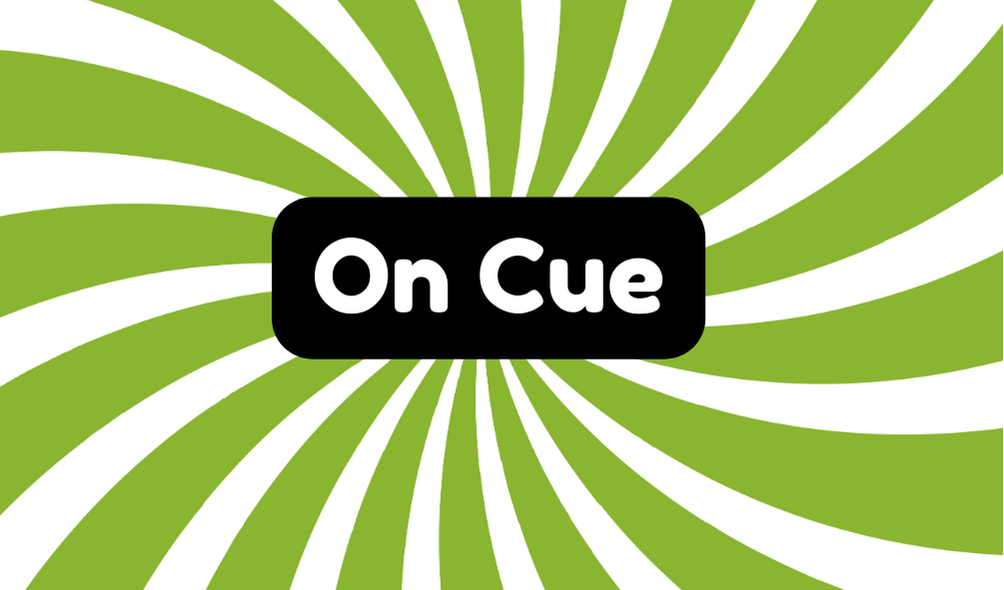The phrase "on cue" indicates moments of perfect timing, often used in situations like theater or discussions. Its origin traces back to early 19th century American English, although the exact moment of popularity remains unclear. Examples include laughter arriving on cue during a presentation or an actor exiting the stage at just the right moment. Synonyms vary, yet not all capture the same nuances. There's more to discover about its relevance and usage today.
Synonyms
When exploring synonyms for the phrase "on cue," one might find that its meaning can shift, depending on the context in which it is used. While some expressions may resonate universally, cultural variations can affect their significance. Consider these related idioms that convey similar ideas:
- Right on target
- Just in time
- At the drop of a hat
- Straight to the point
- In the nick of time
Understanding these alternatives encourages a deeper appreciation of language. However, readers should remain cautious: not every synonym captures the same nuance, and improper usage can lead to confusion rather than clarity.
Example of Sentences
Examples of sentences can illustrate how the phrase "on cue" operates within various contexts, providing a clearer understanding of its usage. By examining these context examples, the nuances and phrase variations become more apparent, enhancing comprehension.
- The actors exited the stage, just on cue, after delivering their final lines.
- As the clock struck midnight, fireworks erupted on cue, lighting up the sky.
- During the presentation, her laughter came on cue, breaking the tension in the room.
- The puppy barked on cue when his owner arrived home.
- In a dramatic twist, the lights flickered and went out on cue for emphasis.
Origin
The phrase "on cue" carries an intriguing yet uncertain history that has invited speculation among language enthusiasts. Its roots lie in an etymological exploration that suggests an American English origin, dating back to the early 19th century. Despite its literary applications, the precise moment when it became popular remains unclear. The expression has evolved, reflecting cultural significance in various contexts over time.
| Possible Origin | Historical Context | Cultural Significance |
|---|---|---|
| American English | 19th Century | Common in theatre |
| Literary Usage | Undetermined | Everyday language use |
| Evolving Usage | Various contexts | Adaptable expressions |
Collocations
While the phrase "on cue" has evolved in various contexts since its emergence in American English, exploring its collocations reveals how it functions within language. Collocations with "cue" often enhance its meaning, providing deeper insights into its usage. Significantly, they showcase the synergy between action and timing, emphasizing precision in communication.
- react on cue
- laugh on cue
- arrive on cue
- perform on cue
- respond on cue
These idiomatic expressions with "on" highlight predictability and synchronization in social interactions. Understanding these patterns allows for more effective communication, making the phrase even more versatile in contemporary language.
How to Use in Everyday Language
In conversations, the phrase "on cue" serves as a valuable tool for articulating moments of perfect timing or synchrony. This idiomatic expression enhances everyday interactions by emphasizing how events precisely align with each other. While its usage can add flair to dialogue, one should remain cautious not to overuse it, as doing so may diminish its impact. For instance, it effectively highlights situations like a timely joke or a perfectly orchestrated event. Ultimately, understanding when to incorporate "on cue" can elevate communication, making interactions more engaging while illustrating the importance of timing in both spoken and unspoken contexts.
Why Is It Still Relevant Today?
Understanding the relevance of the phrase "on cue" in contemporary language reveals its ongoing significance in everyday communication. Its cultural relevance stems from language evolution, showcasing how certain phrases adapt to modern contexts. In a world that thrives on instant gratification and precise timing, "on cue" encapsulates the essence of synchrony, making it particularly useful in discussions about predictions or coordinated actions. However, while the phrase remains popular, one might question its adaptability in rapidly changing conversations. Ultimately, "on cue" serves as a reminder of humanity's constant search for order and predictability amid the chaos of daily interactions.







